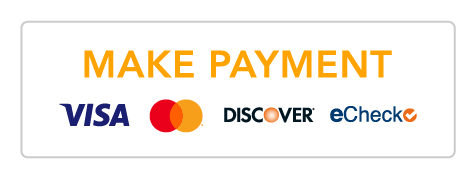As the end of the year approaches, it's time to start thinking about tax planning. There are a few things businesses can do to minimize their tax liability and maximize their deductions. Here are some things to keep in mind as you start preparing for year-end tax planning.
Deductions
One of the first things to consider is deductions. What expenses can you deduct from your taxes? Common business deductions include office expenses, employee salaries, and travel expenses. Make sure you have all your documentation in order so you can take advantage of all the deductions you're entitled to.
Retirement Plans
Another thing to consider is whether or not you're taking advantage of all the retirement plan options available to you. If you have employees, you may be able to deduct contributions made to their retirement accounts. There are also a number of different retirement plans available to business owners, so talk to your financial advisor about which one makes the most sense for you.
Capital Gains and Losses
If you've sold any assets this year, you'll need to report any capital gains or losses on your taxes. This includes things like stocks, bonds, and real estate. Keep good records of what was sold and when, so you can accurately calculate your gains and losses.
Year-end tax planning is an important part of running a business. By taking advantage of deductions, retirement plans, and capital losses, you can minimize your tax liability and keep more money in your pocket. Let us know if you need any assistance regarding your year-end tax planning.


